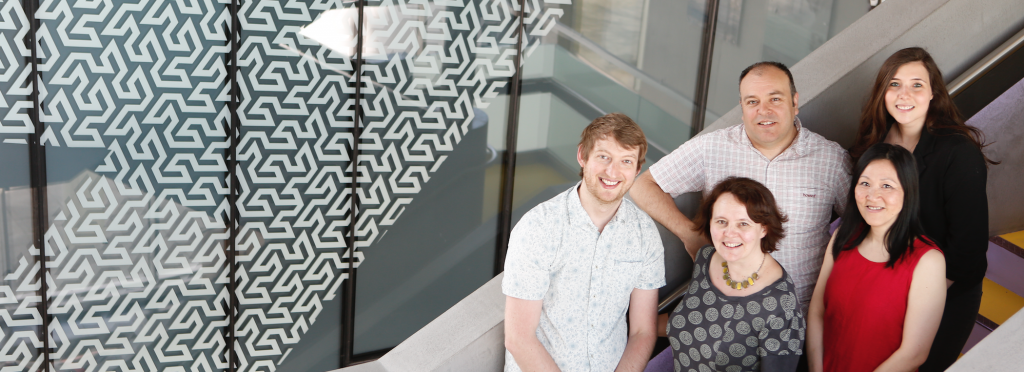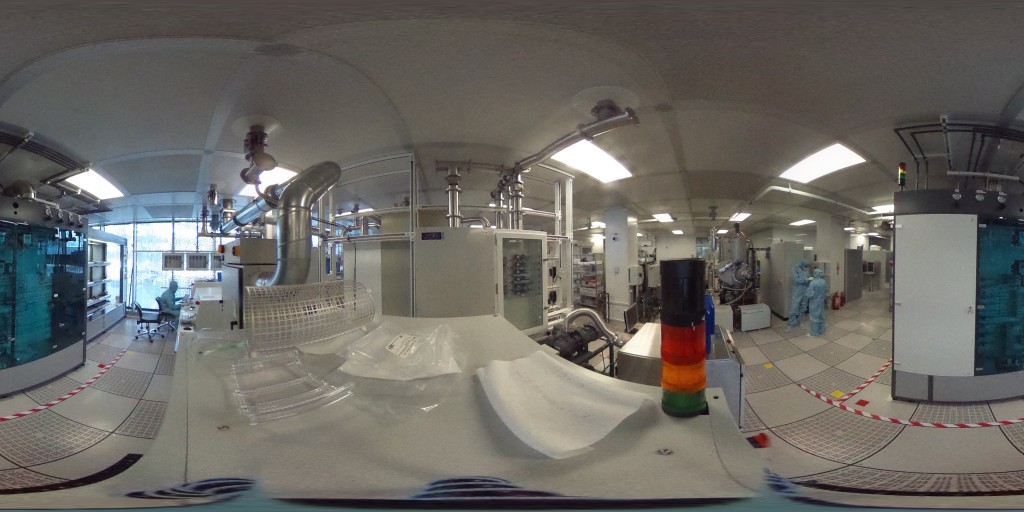At the time of writing there is uncertainty around the the future of the Institute for Learning Innovation and Development and the strategy for centralising the development of staff in terms of teaching and learning.
In terms of my own practice however, there a number of objectives that I would like to set myself and key areas that I will focus on in the short, medium and long term. I very much recognise the skills of my team and believe that the work that we are doing is having an impact. Events such as our annual Blackboard and VLE Awards showcase excellence in practice, with a great deal of those awarded prizes having been supported by our team in some way.
Both Media Development and Learning Design teams work continue to work with individuals and teams at various levels, from running workshops and training sessions, to directly creating learning objects and providing guidance and support.
The next move will be to greater integrate the education strategy, to support work that truly transforms education at the University of Southampton. I would like to see a desire for 25% of teaching and learning to be delivered online by 2020, creating new opportunities for students to use the facilities, workshops, laboratories and conference rooms to collaborate, create and share new work, to actualise the learning they are receiving online and face to face. I would like to see a phasing out of the current dependency on large group lectures and a move to a more learner-led delivery, with students as co-creators and co-designers.
Innovative use of media for learning
New Technology is driving the development, creation and access to media content in a way that wasn’t possible only a decade a go. We are experiencing a huge change in the way we are taught, the way we work and the way we live. I am very keen to explore these changes in terms of teaching, learning and research, in particular:
Mobile Learning
How handheld technology can support learning, feedback and assessment. Mobile learning is not just about courses that can be accessed via a mobile device, but about creating content that engaging and effective on the move, as shorter objects that can be easily paused and continued to reflect the habits of the learner. It may well be learning that adjusts or learns about travel and attention habits, re-purposing and repacking learning for a personalised experience.
Augmented and Immersive Technology
This technology can provide access to spaces and experiences that are often hard or impossible to provide first hand, for instance – in one of our first developments in this area, we are using a Ricoh Theta to create 360° images of the Clean Rooms in ECS (Electronics and Computer Science). These rooms are seldom accessed by undergraduates due to practical issues of access and training, with the images helping to provide an understanding of the activity in these spaces.
To view the image in a 360° player visit Clean Rooms
Media creation as evidence submission
I would speculate that some of the challenges in training educators and researchers to produce media to support their work, stems from the view that only text-based assessment is rigorous and defined enough to record academic achievement. It is a view that I’m keen to challenge, believing that practical assessment in the form of prototyping, media creation, interview, audio reflection, viva or presentation better reflect the need for these skills in industry and elsewhere.
Engineering graduates will for instance be asked about their work from an application standpoint, as will many across the sciences. Whilst Art, Design and Fashion students are use to talking about their work and creating portfolios to show prospective employers, industry insiders and lecturers; it is a process that I feel students in many areas would benefit from.
I am keen to continue the work around e-portfolio and alternative means of assessment, for a number of reasons, including the need for students to create outcomes that are useful to them in the future, can be used at interview or self-promotion. Outcomes that culminate from a process of reflective practice illustrate a journey rather than just the arrival and demonstrate aptitude for learning, a quality valued above all others.
Media that is created to evidence learning can logically be used to deliver learning. Often there are few exemplars for students and rather than standing on the shoulders of giants, they find themselves re-inventing the wheel.
The technology affords new opportunities for all, both learner, educator and researcher. Education Development is a bridge for many between what is possible and what is readily adopted. My aim is to test and experiment, to play with technology and explore its potential.
Further development
I am exploring the possibility of enrolling on the Online MSc in Digital Education at Edinburgh University and HEA Fellowship. I will continue to attend conferences and lectures in the UK and abroad. I am looking forward to attending the CRA-AAEEBL Conference ‘Understanding the essence of portfolio-based learning’ and Playful Learning Conference at Manchester Metropolitan University.


